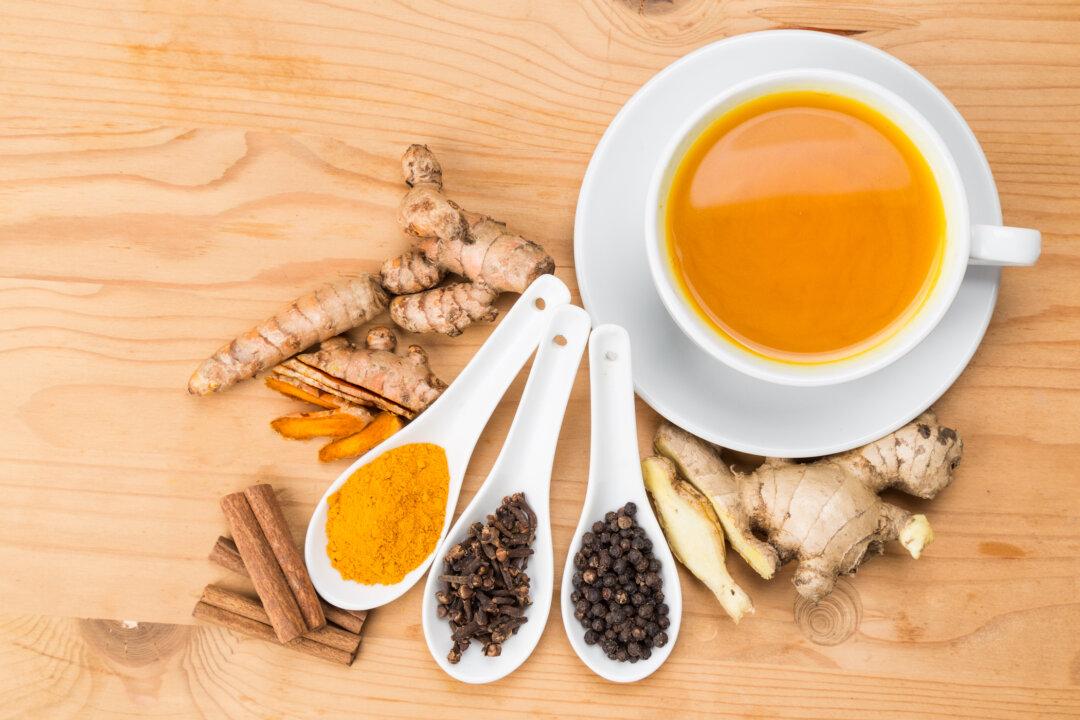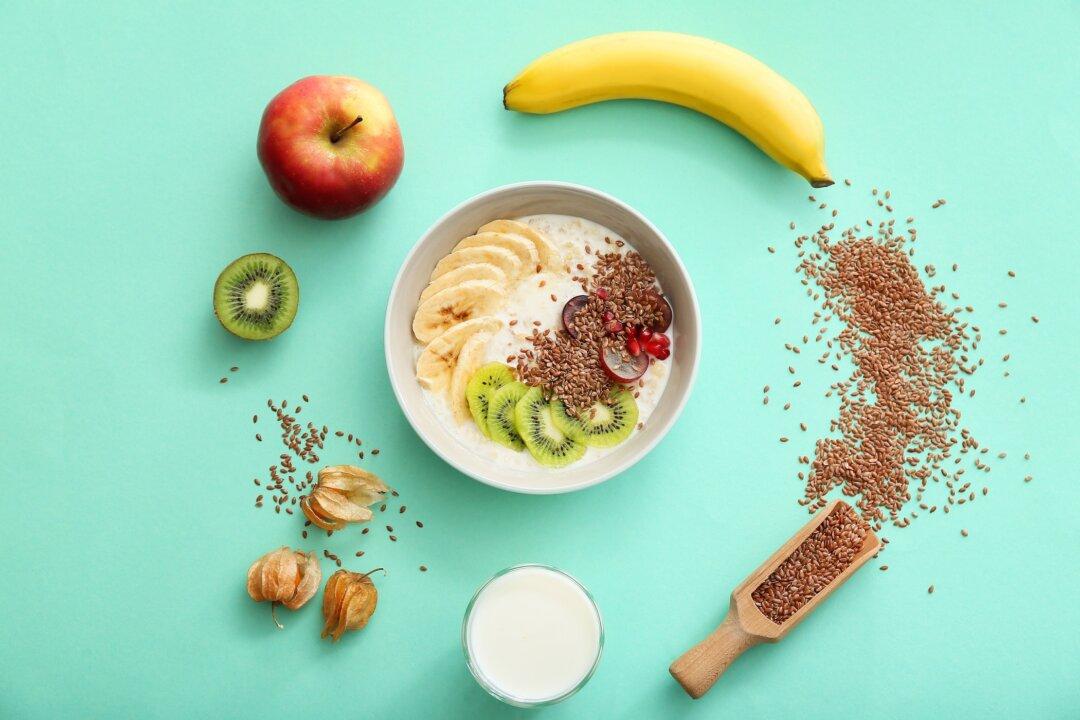In this new review on the intake of berries and their brightly colored pigments, called anthocyanins, they note four out of five studies “suggest that increased…intake is significantly associated with a reduction in risk of” coronary heart disease, the number one killer of men and women, by between 12 and 32 percent. That lower range is from studies of older individuals, and the greater reduction of risk was noted in younger populations. So, perhaps the earlier we start eating berries, the better? And, maybe the more the better—a 47-percent drop in heart attack risk for those in the top 10 percent of berry consumption. It’s almost like one to one. For every 15 mg increase a day, a 17 percent drop in risk. So, how can you get 100 mg a day? By eating less than a half-cup of blueberries a day—my Daily Dozen recommendation for berry intake.
Why the drop in risk, though? What do berries have to do with the heart? There have been over 20 randomized, controlled trials putting berries to the test in more than 1,000 people, and berries were shown to help control bad cholesterol, blood pressure, blood sugars, body weight, diabetes, and inflammation. Now, lots of plant foods can do this; is there something special about berries? Like cholesterol. All whole plant foods have fiber; fiber lowers cholesterol. But even blueberry tea can lower cholesterol, even in kids who are genetically predisposed to high cholesterol.






